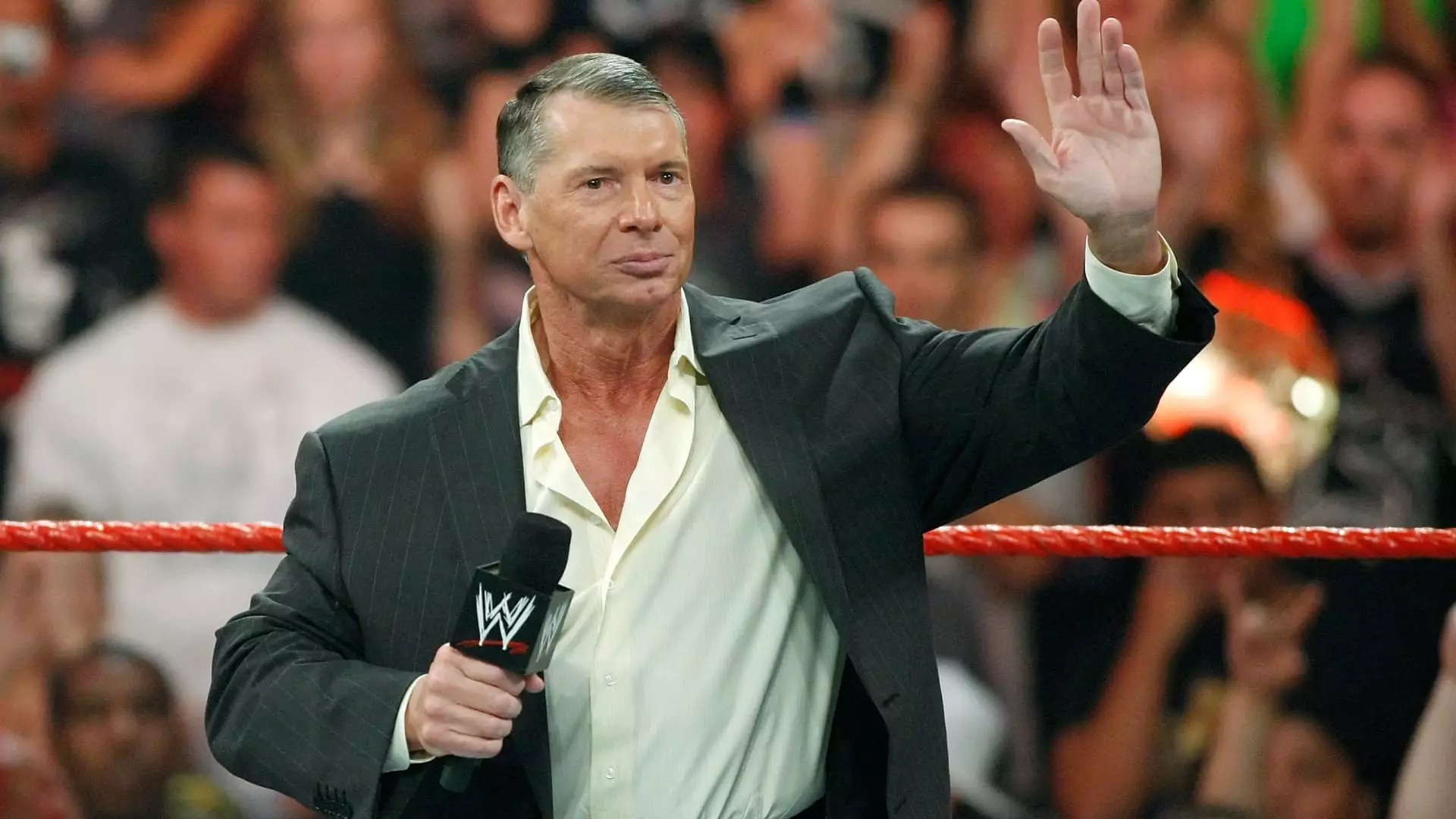The culmination of troubling allegations against Vince McMahon and World Wrestling Entertainment (WWE) has surfaced in a lawsuit filed on behalf of five individuals claiming sexual exploitation during their youth in the late 20th century. The suit, lodged in Baltimore County, points fingers at McMahon, his wife Linda, and TKO Holdings, the parent company of WWE, alleging they turned a blind eye to the “open, rampant abuse” perpetrated against young boys, commonly referred to as “ring boys.” These boys, sometimes as young as 12, served as aides to announcer Melvin Phillips Jr. during their tenure in the 1980s and 1990s.
Resonating throughout the industry, these accusations cast a long shadow over the wrestling empire, bringing questions of accountability into sharp focus. The response from McMahon and WWE as of now remains muted, with neither party publicly addressing the claims. As the legal battle unfolds, the implications resonate far beyond those involved, raising ethical questions about the responsibilities of corporations to protect the vulnerable.
According to the lawsuit, Phillips allegedly employed various manipulative tactics to lure these impressionable youths, often exploiting their dreams of meeting wrestling superstars. Utilizing a combination of charm and authority, he is accused of orchestrating a predatory grooming process that entangled these children in a web of abuse, both during wrestling events and in private hotel rooms.
The claimants, identified only as John Does, come from multiple states including Massachusetts, Pennsylvania, and Florida. Their harrowing accounts detail not just isolation but also physical manipulation and coercion, often documented by Phillips himself on video, a revelation that raises both ethical and legal concerns about consent and agency. This calculated exploitation of trust, they argue, reflects a broader institutional failure, highlighting a deafening culture of silence around child abuse in the wrestling world.
A startling aspect of the lawsuit suggests that Vince and Linda McMahon were aware of Phillips’ concerning behavior yet did little to intervene. The claim posits that Phillips’ “peculiar and unnatural interest” in young boys was not a secret among those in power. Greg Gutzler, the lead attorney for the plaintiffs, characterized the situation as “unconscionable,” pointing out the moral responsibility of those in positions of authority to act against notorious behavior when they are aware of it.
The complexities involved in handling allegations of this magnitude have broad ramifications that transcend the unfortunate events at the center of this suit. The idea that the organization wielding such influence over the lives of its employees and community failed to protect vulnerable youth is a deeply concerning indictment of institutional negligence.
The Cycle of Silence and Struggle for Justice
One of the critical issues highlighted by this lawsuit is the long-standing challenge of statutes of limitations that can hinder justice for survivors of abuse. The recent changes in Maryland’s laws have opened doors for victims to pursue claims that were once barred by time constraints, driven partly by advocacy organizations like Child USA. Marci Hamilton, founder of the nonprofit, emphasized the importance of reform to ensure that abusers and their enablers are held accountable, particularly in cases where survivors may take decades to come forward.
This case exemplifies an essential cultural shift toward recognizing and addressing the complexities of trauma, where societal and legal constructs are evolving to create pathways for justice. As the implications of delayed disclosures become more widely acknowledged, the narrative surrounding abuse prevention, response, and accountability is changing.
The allegations against McMahon and WWE open up a broader conversation about protection and responsibility in institutions that wield power over vulnerable populations. For too long, organizations have been allowed to operate behind a veneer of professionalism while neglecting the very real issues of abuse within their ranks.
In a climate that increasingly values transparency, the onus is on such institutions to demonstrate accountability and integrity. Only through rigorous examination and reform can we hope to safeguard the futures of young individuals drawn into environments that are not only demanding but, as this lawsuit tragically illustrates, potentially dangerous. The responsibility lies not just with individual perpetrators but with the systems that enable their misconduct. As the story unfolds, it serves as a grim reminder that vigilance and justice are paramount in protecting the most vulnerable amongst us.

